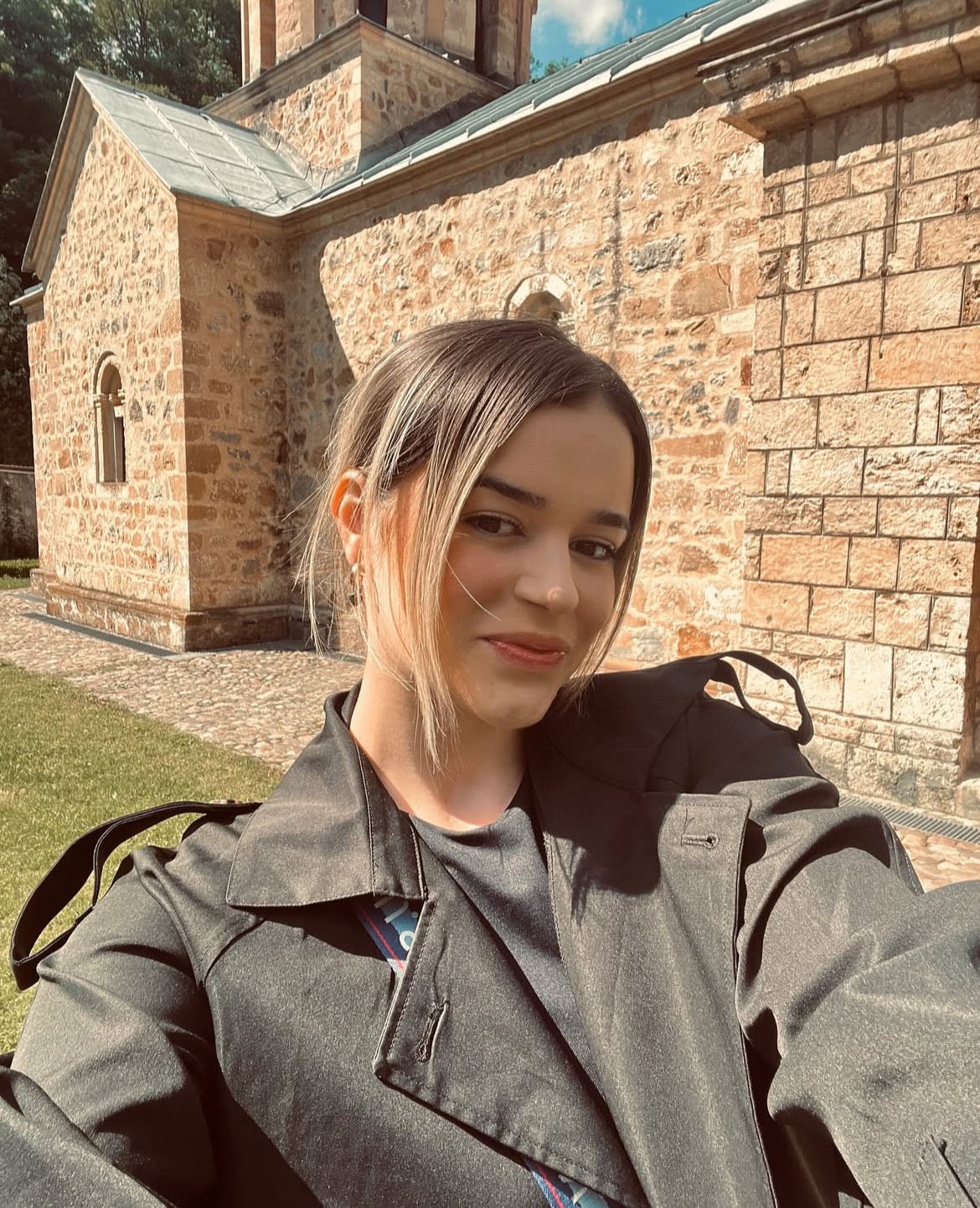Interview with Zorana Mališević
Zorana Mališević is a representative of the Youth Council of Republika Srpska, which is an umbrella organisation based in the ethnically Serb Republika Srpska entity of Bosnia-Herzegovina.
Stefan: Hello, Zorana, and thank you very much for joining us at DD Geopolitics for this interview! Now, to begin with, a bit about yourself and your background. You are a representative of the Youth Council of Republika Srpska. What is the Youth Council all about and why is it so important not just for the Serb youth, but for all Serbs in Republika Srp…
Keep reading with a 7-day free trial
Subscribe to DD Geopolitics to keep reading this post and get 7 days of free access to the full post archives.


